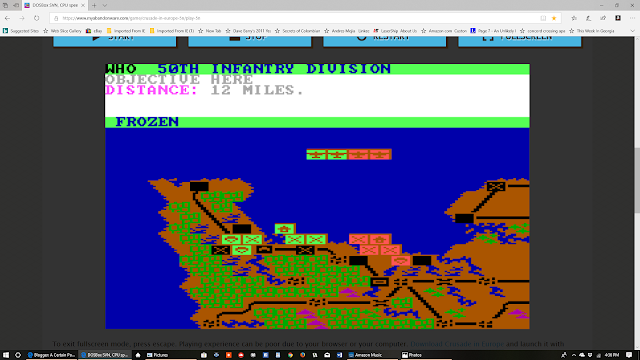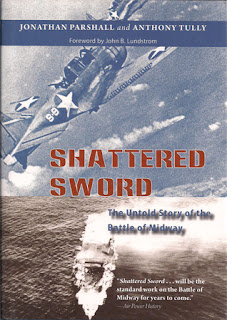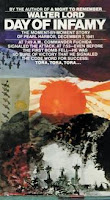Old Gamers Never Die: My Favorite Computer Games of All Time

Screenshot from Crusade in Europe. © 1985 MicroProse Software Well, 2018 is almost over for those of us who live in the Americas, and I am glad! It's still morning in the subtropical state of Florida, and it looks like it's going to be one beautiful New Year's Eve day. It's mostly sunny as I write this, and the temperature outside is 71℉. If I don't get sucked into watching Star Wars; The Force Awakens, or try to get some writing done, I might grab one of my many books and go read on the front porch later. Knowing myself well, though, it's quite likely that I'll probably end up taking a shower, change into comfortable but nice-looking clothes, then come back to my computer and play one of my favorite games for a couple of hours. Since I got my first computer 31 years ago (it was a gift from my paternal Uncle Sixto), I've always divided my time at my desk between "productivity" and "entertainment." Starting from the time wh








